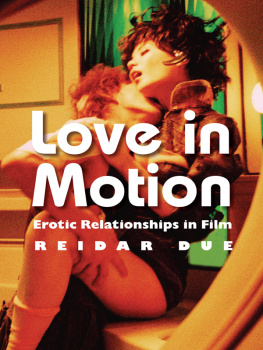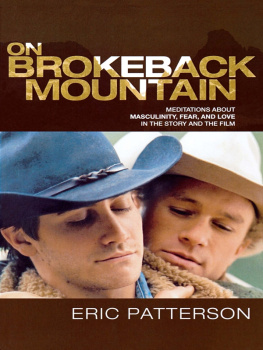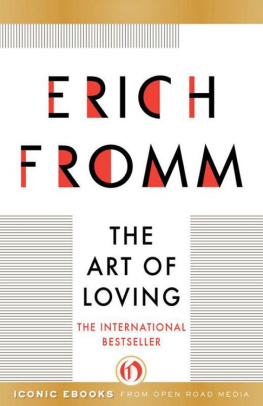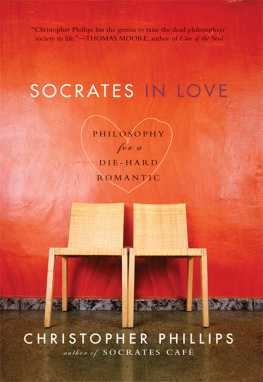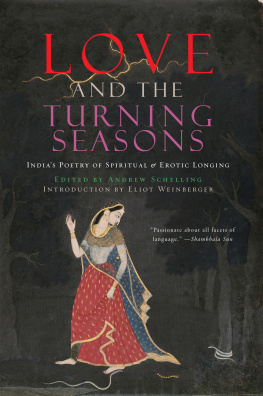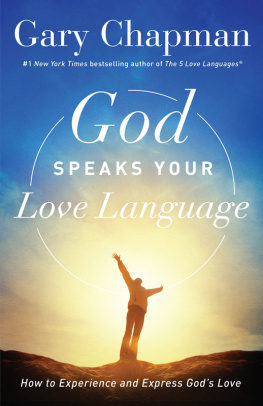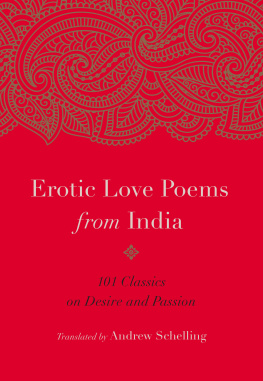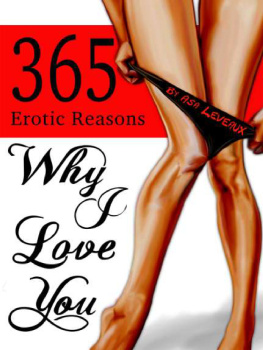Love in Motion
REIDAR DUE
Love in Motion
Erotic Relationships in Film
WALLFLOWER PRESS
LONDON & NEW YORK
A Wallflower Press Book
Published by
Columbia University Press
Publishers Since 1893
New York Chichester, West Sussex
cup.columbia.edu
Copyright Reidar Due 2013
All rights reserved.
E-ISBN 978-0-231-85051-3
Wallflower Press is a registered trademark of Columbia University Press
A complete CIP record is available from the Library of Congress
ISBN 978-0-231-16732-1 (cloth : alk. paper)
ISBN 978-0-231-16733-8 (pbk. : alk. paper)
ISBN 978-0-231-85051-3 (e-book)
A Columbia University Press E-book.
CUP would be pleased to hear about your reading experience with this e-book at .
Contents
This book has been a long time in the making. It started its life as a graduate seminar at Oxford University in 2003. My thought then was very simple: why have so few philosophers after Plato written on love? I also had another thought, which was that Hollywood narrative style imposes on couples a very definite, very rigid structure of meaning or content, a structure, which can be spelled out in long lists of moral and social dichotomies.
I thought that love is something fundamentally different from this sort of meaningful transaction, that love is something that for very deep and inscrutable reasons escapes meaning, even the meaning of non-meaning that we call passion and desire. In the course of writing, these initial thoughts have led me to the thesis that we moderns who pride ourselves on our individual freedoms, have in fact witnessed a decline of love. This book defends a kind of freedom that modernity was about to lose sight of but which, I think, cinema for a sort time recaptured.
I regret that this is a very Western book. This is not because I dont think that classical Indian, Arabic or Japanese poetry and novels, or indeed epics and poetry from any other people on Earth, present compelling thoughts on love. Yet, ignoring the languages and cultures in which these texts originate, it seemed hazardous to try and incorporate fragments of those cultures into the Western story I am able to narrate. Over the years I have discussed these topics with all my friends and I found that everyone had something to say on what love is and isnt, whether love is a word, an idea, a moral ideal, whether love is universal or culturally specific and so on. I am grateful to all of you for these interesting hours of self-examination.
I am grateful also to my editor at Wallflower Press, Yoram Allon, who showed interest in the project many years ago as we met at the BFI National Film Theatre in London. His patience and persistence have been exemplary and encouraging. The Magdalen College library has been an ideal working environment, both because of its inspiring collection, but also due to its friendly staff headed by Christine Ferdinand. My views on aesthetics have benefited from a long and ongoing discussion with Larry Dreyfuss, Jas Elsner, Clare Harris, Andrew Klevan, Emmanuele Gragnolati, Nikolaj Lbecker, Lizzie Fricker, Tiffany Stern, Shami Gosh, Felix Budelman and Dimitris Papanikolaou.
I dedicate this book to my parents.
Reidar Due
Oxford
July 2013
This is a book about love, about the philosophy of love and the aesthetics of love in film. One of the difficulties in thinking about love is that one very quickly begins to think about something else about sexuality, or marriage, or morality; what loves are good, what less good, for what reason; or one thinks that the desire for beauty and sex is perhaps a veiled desire for God. This book presents a philosophy of love according to its universal essence, that is, a theory of what love is in itself. This theory does show that love involves many different things desire, social relationships, feelings, thoughts but in itself love is not identical with any one of these component features. This philosophy of love is both ontological and ethical. It is a theory of what love is and it is a conception of what love should be. Love is a relation and this relation is free. Love is an erotic relation prior to being a feeling or a social arrangement. As relation, love escapes definition, both by the lovers and by their surroundings. Because love is thus indefinable it contains a germ of freedom. This freedom is not a mere subjective experience. Love plays itself out amidst other social relations. Love is not private: it takes place in the world and has the potential to invade or influence all other social relationships. This worldly freedom is the ethics of love, what love ought to be.
There have been almost no philosophical theories about love since Platos dialogue, Symposion. This may be because love travels across all the different areas of philosophical enquiry: love is metaphysical and ethical, biological, psychological, political. Plato recognises as much in the Symposion. Each of the speeches given in honour of Eros is presented from a particular point of view, motivated by the profession, talent and temperament of the speaker. Each situates love within a different domain of reality. Plato makes us believe that the last part of the dialogue, the speech that the priestess Diotima gives to Socrates, is the philosophical truth of love and this is a spiritual truth. But perhaps the multifaceted nature of love reflected in the dialogue as a whole is closer to the essence of love than the spiritual theory presented at the end. If that is so, the unity of love is itself of a particular kind. The unity of love is of a different kind, that is, from phenomena that can be very clearly defined within a particular domain of reality by the philosophical or scientific theories that investigate that field.
If we return to the question of how experience and theoretical reflection relate to one another in enquiries about love, we could assume, as a hypothesis at least, that love must be something that corresponds to the experience of love love is not a theoretical phenomenon like atoms, that is, a phenomenon that appears only within the experience of a scientist. But it is not clear that first-hand experience would be the best guide to understanding love: for if love is a phenomenon that moves between different areas of reality and which therefore also can turn up in different kinds of discourse, a reflection grounded in experience might not be able to circumscribe love in all its constituent parts.
A further difficulty in thinking philosophically about love is that love is both a familiar experience that most people have and an abstract idea, a topic of philosophical reflection. Love is complex and banal, universal and for most lovers more or less unique. Love is not like any other object of reflection in that it is not simply an

